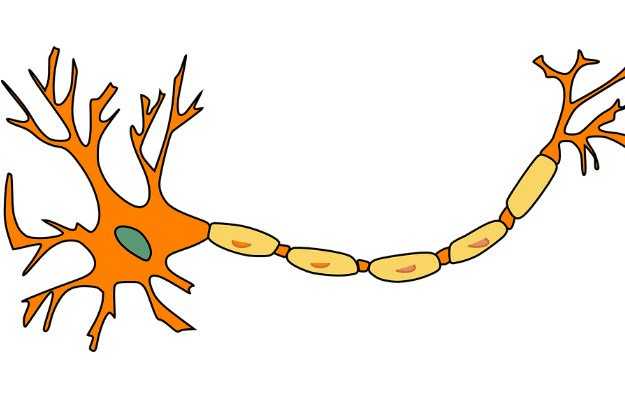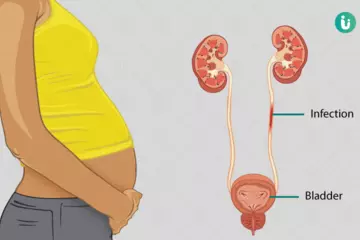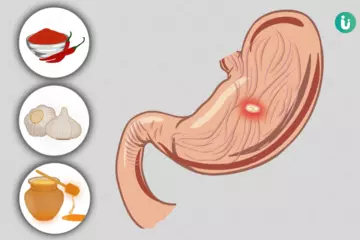What is Electrolyte Imbalance?
Minerals or electrolytes are important for maintaining homeostasis or balance for different body functions. Imbalance in the levels of electrolytes in the body disturbs the normal functioning of nerves, hormones, and body fluids. An electrolyte imbalance means either an excess or a deficiency of one or more electrolytes like sodium, chlorine, magnesium, calcium and potassium.
What are the main signs and symptoms?
Few signs and symptoms that result from excess or deficiency of electrolytes in the body are:
- Dehydration
- Weakness and cramps in the muscles
- Headache, dizziness, and drowsiness
- Confusion
- Seizures
- Depression
- Changes in blood pressure
- Disturbance in heartbeat
- Swelling throughout the body
- Bone problems
- Changes in urine output
What are the main causes of electrolyte imbalance?
The main causes of electrolyte imbalance include:
- Loss of water from the body due to diarrhoea, vomiting, excessive sweating, severe infections, disorder in antidiuretic hormone, etc.
- Disorder in the functioning of aldosterone (secreted by the adrenal gland) and parathyroid hormone, which are related to sodium and calcium in the body
- Disorder in kidney function leading to abnormal loss or accumulation of electrolytes in the body
- Medicines used for treating blood pressure (diuretics)
- Congestive heart failure, lung disorders, etc.
How is electrolyte imbalance diagnosed and treated?
Doctors diagnose electrolyte imbalance on the basis of history, physical examination, and blood tests.
- Blood Tests
- A basic metabolic panel is used to measure serum sodium, potassium, chloride, calcium, etc. for detecting a decrease or increase in electrolytes in the blood, pH of the blood, functions of kidneys, etc.
- Urine Test
- It is used to measure the levels of electrolytes in the urine.
- Other Tests – These are done depending on the cause of electrolyte imbalance.
- Serum creatinine, blood urea nitrogen
- Parathyroid hormone levels
- Electrocardiogram, 2D echo, X-ray chest, etc. for detecting heart and lung problems
Treatment modes aimed at correcting the imbalance are mentioned below:
- Electrolyte supplements through intravenous injections or oral tablets
- Fresh fruits rich in electrolytes such as potassium
- Symptomatic treatment for relieving muscle spasm, headache, nausea, etc.
- Restricted water intake in case of oedema or swelling over the body
- Medicines, such as diuretics, used to reduce oedema
- Corticosteroids for adrenal gland-related disorders that result in electrolyte imbalance
(Consult a doctor with online treatment app)

 OTC Medicines for Electrolyte Imbalance
OTC Medicines for Electrolyte Imbalance















